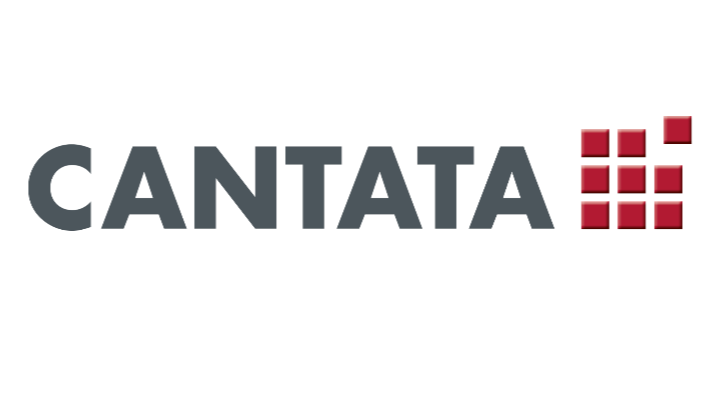QA Systems, a provider of software quality tools for embedded systems, has released Cantata 25.07, the latest version of its unit and integration testing tool for C/C++.
The release brings extended platform support, new productivity-enhancing features and official certification for the EN 50716:2023 railway software standard. While EN 50716:2023 is formally a railway software standard, the news is still highly relevant to automotive developers because the same verification and validation principles behind EN 50716 apply directly to ISO 26262 development in automotive. Version 25.07 introduces productivity and coverage enhancements – contextual code coverage, improved test traceability and broader toolchain support – that benefit all industries using C/C++ embedded software.
A new macro enhances test traceability by enabling developers to assign test input values and log them directly within the test results file (.ctr), simplifying debugging and audit preparation.
The contextual code coverage tool has been extended to support coverage reporting by execution context, such as threads, states and class inheritance, enabling more meaningful coverage metrics, particularly for polymorphic and state-machine-driven code.
Cantata 25.07 now also supports Microsoft Visual Studio 2022, GCC/G++ versions 14 and 15 and Eclipse 4.34 (2024-12 release).
Over 30 bug fixes and improvements span the core Cantata components and ancillary tools, including better support for modern C++ features, Boost compatibility, AutoTest handling and Eclipse UI stability.
“With version 25.07, we’re giving developers more flexibility, deeper insights into their testing, and enhanced certification confidence,” said Andreas Sczepansky, CEO at QA Systems. “Our focus on practical usability and compliance makes Cantata an ideal long-term partner for quality assurance.”
The update demonstrates QA Systems’ ongoing investment in maintaining certification for the latest safety standards, giving automotive teams confidence that Cantata is continuously assessed by independent authorities.
In related news, Marcel Beemster, CTO at Solid Sands, discusses the simplifying of C++ tuples for safer automotive systems


